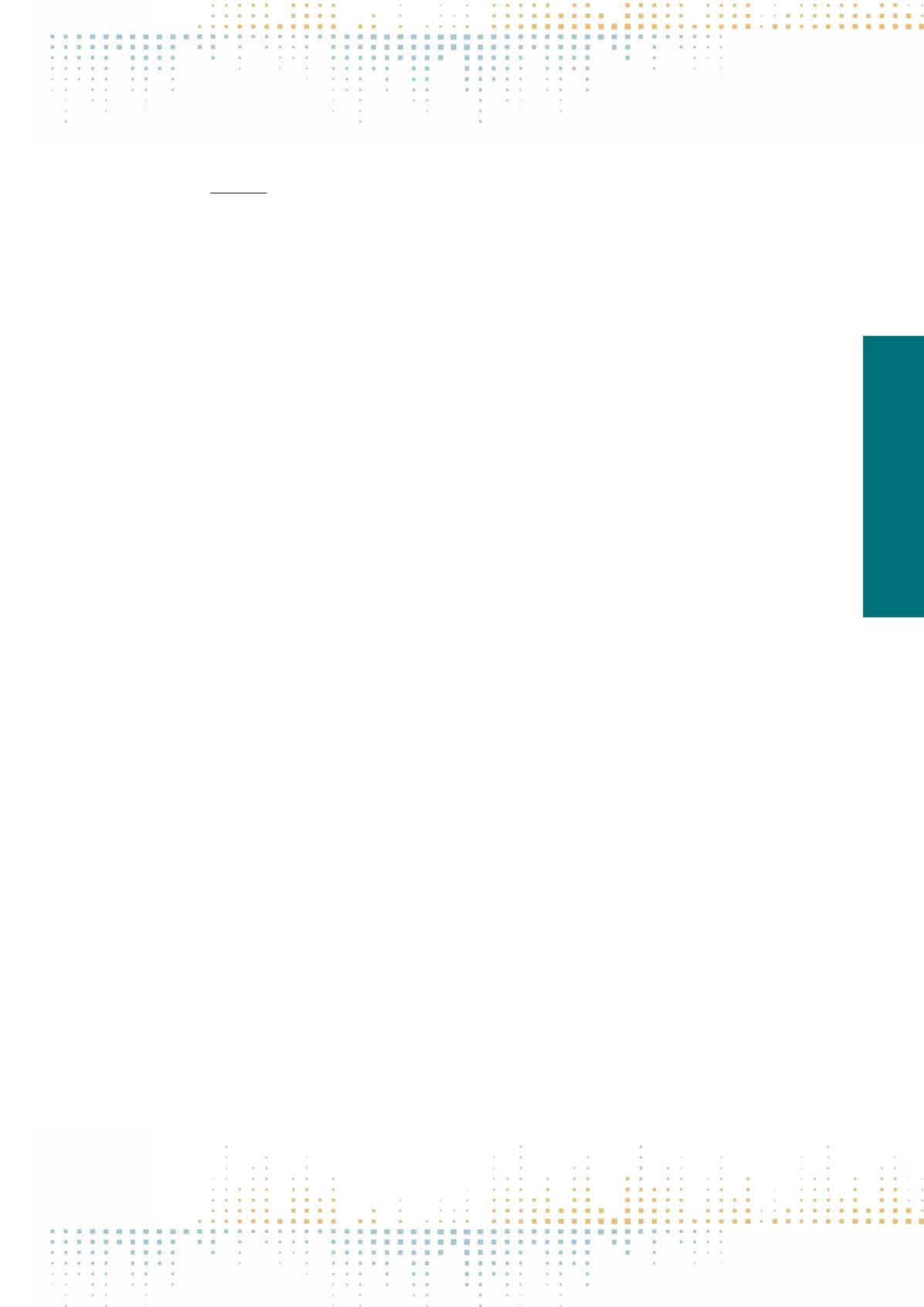

577
Friday, November 11
1 8 : 0 0 – 1 9 : 3 0
PP 474
Beyond the Climate Bubble: Increasing Local Engagement on Climate Change Through the Local Academic, Media and Press Officer
Interface
C. Howarth
1
, A. Anderson
2
1
Anglia Ruskin University, Global Sustainability Institute, Cambridge, United Kingdom
2
University of Plymouth, Plymouth, United Kingdom
The media play a vital role in framing the narrative on climate change, however little work has been undertaken to assess the extent to which local media
outlets increase public engagement on climate change. Environmental stories often get more coverage in local compared to national media (Anderson,
2014) and local media constitute an important source of knowledge on climate change, particularly among older age groups, with TV news being one
of the most trusted media sources. Public engagement on climate change and empowerment to act increases when conversations are held at a local level
(Devine-Wright, 2003), yet this kind of engagement is sparsely reported (Howarth and Black, 2015). Whilst sustainability academics engage with the me‑
dia through university press offices, their expertise is rarely utilised by local media to capture the public’s imagination on the local causes and impacts
of climate change, leaving the public feeling disconnected and lacking motivation to act. This presentation will share preliminary findings from a UK-based
study which aims to: 1) examine the role of the local media in informing publics about climate change and 2) assess how local media reporting of climate
change can be improved by better understanding the relationship between scientists, university press offices, and local media outlets. We present initial
findings from interviews with press officers and journalists and focus groups with members of the public, providing valuable insights into the existing gaps
in knowledge on climate change communication at the local level.



















